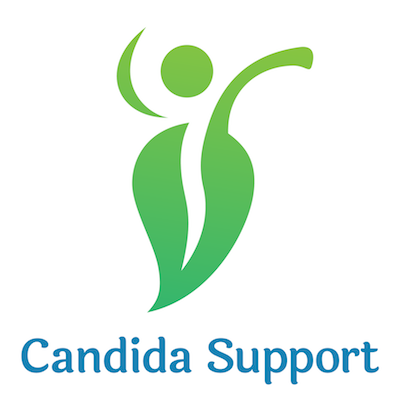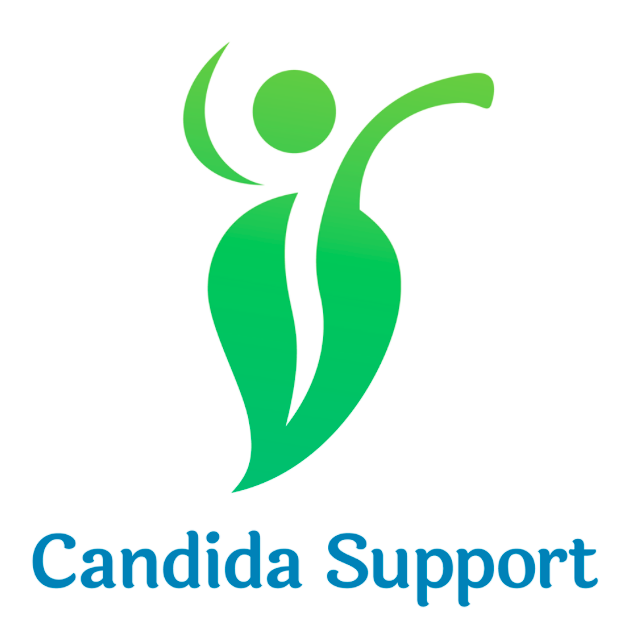Understanding Candida Detox: Why Take Detox Baths with Sea Salt?
Candida Treatment Tip
We've had several questions from our customers about the detoxifying sea salt baths that we recommend in our Candida Recovery Guide.
What's so special about sea saltif you are doing a Candida detox?
Can’t you just grab the blue salt container with the umbrella girl and empty that into your tub? How about Epsom salts? Why sea salt? And what the heck IS sea salt anyway?
Epsom Salts, Table Salt, and Sea Salt are completely different.
Epsom salts are not technically a salt at all.
They are a crystallized form of magnesium sulfate, which is a muscle relaxant (that's why Epsom salts make such a great post-workout soak). Magnesium also pulls water into the large intestine, making it an effective laxative and it helps alleviate the discomfort of bruises or strains.
Table salt is salt mined from the earth.
It does contain minerals. But how many minerals and which ones it contains depends on where it is mined. Earth salt is great on food, but not so good for a Candida Detox.
Sea salt contains the full range of minerals contained in seawater.
In fact, the mineral composition of seawater is almost identical to that of human blood, lymphatic fluid, plasma, and amniotic fluid. That’s why it’s better for a detox.
So, what does sea salt do that helps Candida recovery?
Sea salt pulls out toxins.
When sea salt is heated in water, it creates negative ions, the same kind of ions given off by the sea, a river, a lake or even a fountain. Because the human body is positively charged, natural health practitioners believe the balance of negative ions have a calming and healing effect on the body.
For this reason, sea salt baths improve circulation of the blood and the lymphatic system, which allows your body's natural detoxification systems to work more effectively. This is why sea salt is so helpful when you are doing a Candida Detox.
Naturopath Dr. Hazel Parcells explained that the reason sea salt baths use very hot water is that the heat draws toxins to the surface of the skin. As the water gradually cools down, the toxins are pulled into the water via the principle of osmosis—the cooling water draws the toxins from the heated body into the water. (Note: If you are pregnant, have heart disease, high blood pressure, or diabetes, always consult your doctor before taking a hot bath.)
Sea salt also heals and soothes the skin.
An itchy skin rash is one of the common symptoms of Candida yeast overgrowth – and the skin is also our largest organ of detoxification. Sea salt baths are disinfectant and will soothe the skin, reduce inflammation and speed healing. (They are also effective for other inflammatory skin conditions, such as eczema, rosacea and psoriasis.)
How should I take a sea salt bath?
Start with one cup of salt in very warm water and bathe for 10 minutes, twice a week. You can quickly work up to a maximum of 20 minutes per bath, three times a week, and even gradually increase the salt to a maximum of three cups.
Which is best kind of sea salt for treating Candida? Celtic, Himalayan, Hawaiian, Dead Sea, or. . . ?
There are many varieties of sea salt.Careful selection of your sea salt can further enhance your Candida Detox. Sea salts are classified by origin and their prices vary as well. The waters from the Dead Sea are unique in that they contain 27% of various salts as compared to 3% in normal seawater and traditionally, they have been thought to be very healing.
However, we are not saying that “normal” sea salt isn’t worthwhile. It will certainly do the job and it is vastly superior to table salt or to Epsom salts for a Candida Detox bath.
Where do I buy sea salt?
Most healthy food stores carry “normal” sea salt, as well as the more exotic kinds. If you want to take regular Candida detox baths, ask your store if they will order it for you in bulk. Many online retailers from Amazon.com to Vitacost.com and beyond also offer sea salt in a variety of forms.
Happy soaking!


